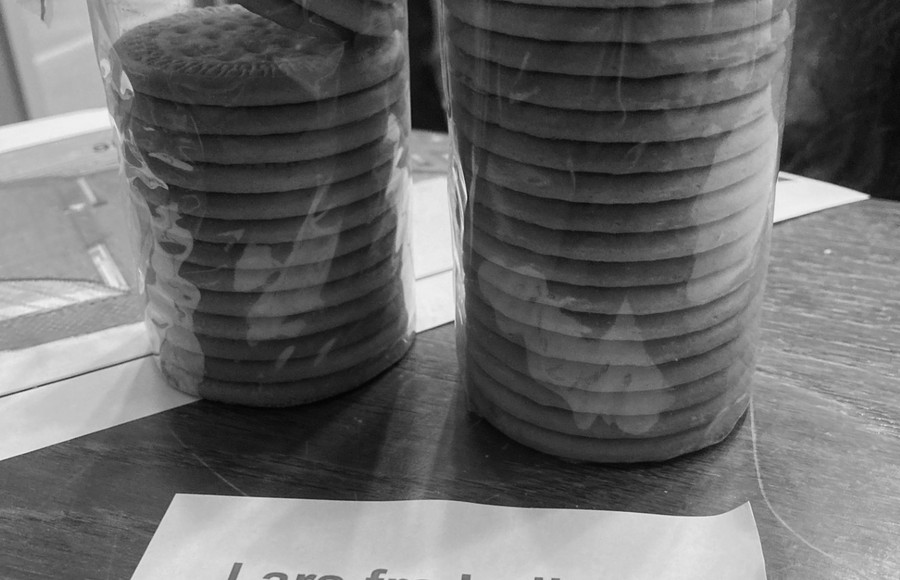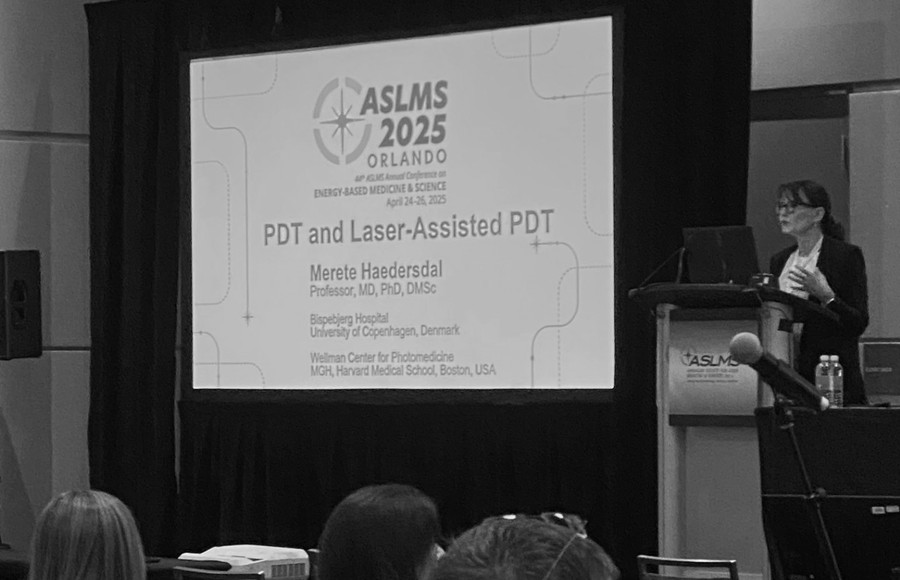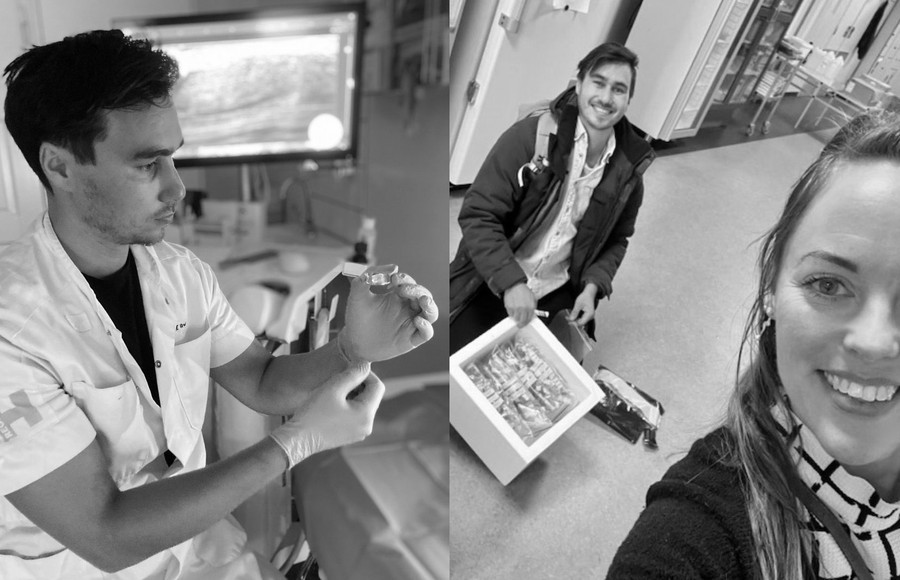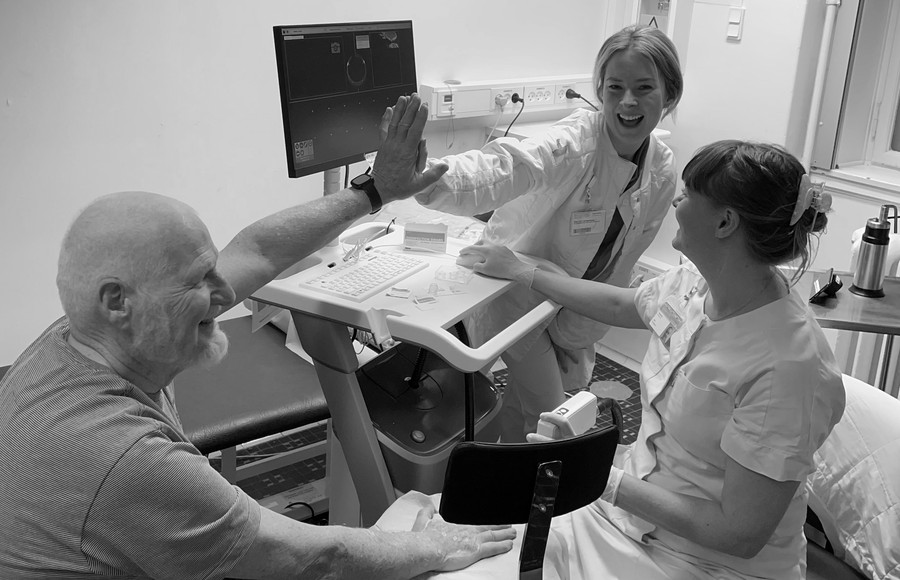Actinic keratosis: a red flag for organ transplant recipients
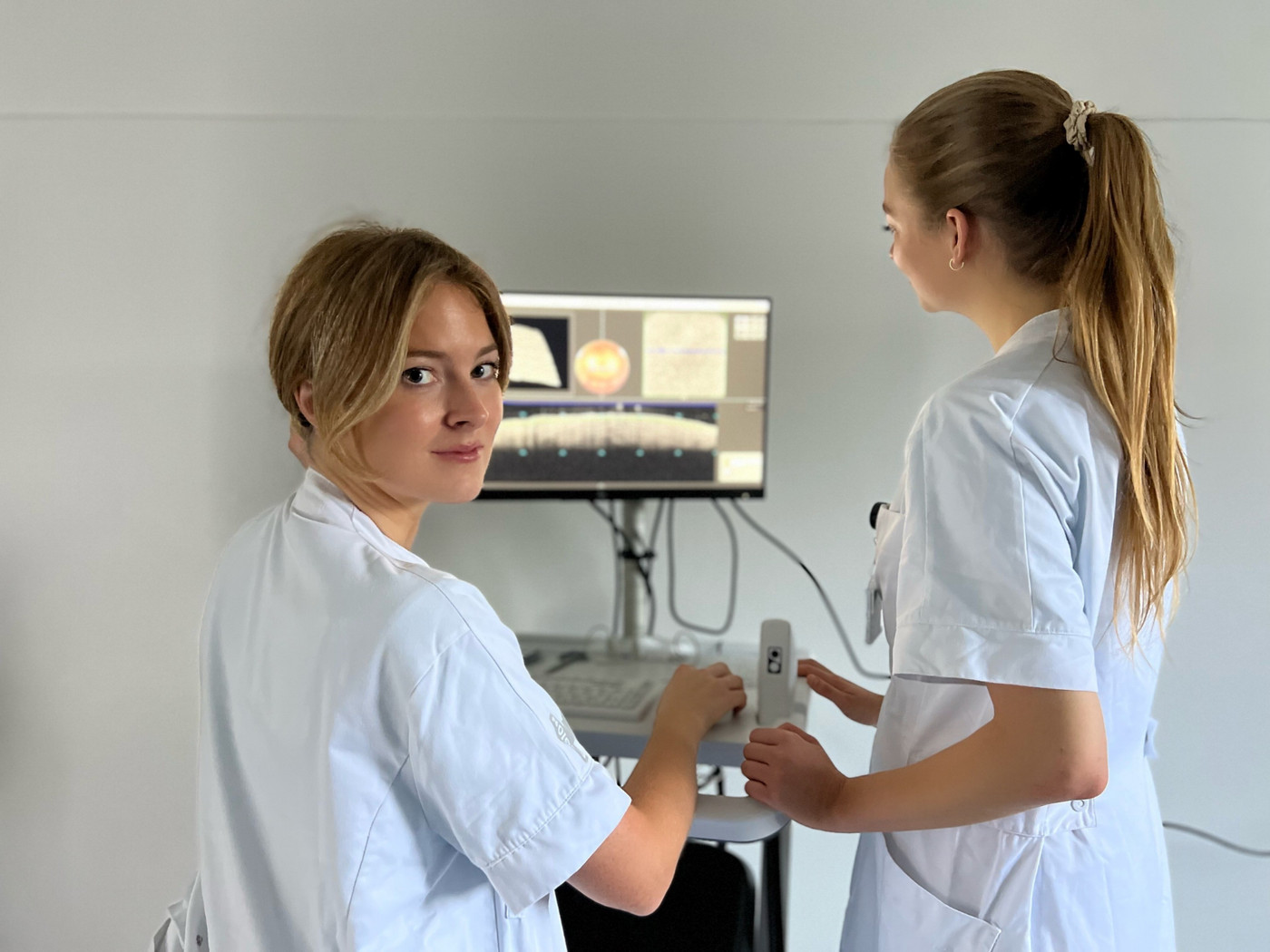
Every year, approx. 350 Danes receive a new organ. In the years following transplantation, these patients suffer from an up to 100-fold increased risk of skin cancer due to the immunosuppressive drugs needed to prevent organ rejection. As the number of transplant recipients rises, doctors need better tools to help differentiate high- and low-risk individuals in this population.
A recently published study of Danish organ transplant recipients adds a piece to the puzzle. The study, a collaborative effort between dermatological departments at Bispebjerg and Gentofte Hospital, looks at the connection between skin cancer development and an actinic keratosis diagnosis, typically seen as rough, scaly patches in sun-exposed skin areas.
Researchers found that among risk factors, actinic keratosis was a particularly strong predictor for skin cancer and should prompt close monitoring of the affected patient. A simple skin exam may thus reveal a powerful marker of skin cancer risk for transplant recipients.
